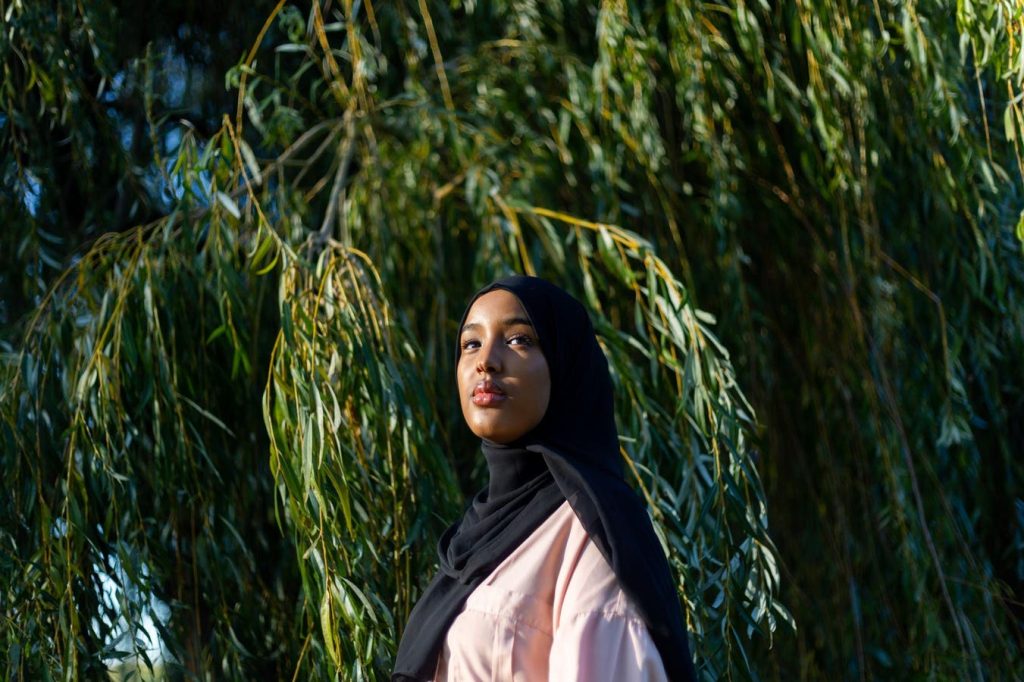The United Arab Emirates (UAE) is considered a relatively progressive Muslim country with a vibrant multinational community and also hosts the headquarters of the International Renewable Energy Agency (IRENA). The country also sees itself as an ecumenical locus of conversations, particularly since it officially recognized Israel and opened diplomatic relations with the country in 2020. As the host of the 28th Conference of the Parties to the United Nations Framework Convention on Climate Change (UNFCCC – COP 28), it is now under unprecedented scrutiny on its environmental performance. Religion has also been particularly notable in conversations as the government does not shy away from its Islamic identity.
In October 2023, the country hosted the Global Faith Leaders’ Summit, which brought together 28 faith leaders to sign the ‘Confluence of Conscience: Uniting for Planetary Resurgence’ known as ‘The Abu Dhabi Interfaith Statement for COP28.’ A Changemakers Majlis, titled ‘Faith and Science: Actioning an Ethic of Care for the Environment’ was also held during the summit and united faith leaders, scientists, and decision-makers to foster knowledge sharing and trust-building for a more secure and sustainable world.
Hosting such an event, and high-level meetings of the conference chair Dr. Sultan Ahmad Al Jaber with faith leaders such as Pope Francis have been a differentiating feature of COP 28’s “big tent” approach to climate-change problem solving. The UAE has also responded to criticism of its willingness to embrace and engage with fossil fuel companies as part of the COP 28 reform agenda by noting the need for balance and pragmatism. This approach is often justified on the basis of the Islamic concept of “mizaan” or balance. The UAE has also directly linked Islamic law and “fatwas” to the COP 28 agenda. The “UAE Council for Fatwa” held a separate meeting on November 8, 2023, with scholars as well as politicians to highlight the role of Islam in promoting a more climate-friendly ethos.
The time horizon from 2015, when the first “Islamic Declaration on Climate Change” was launched, to 2023, when a Muslim country is hosting the largest Climate Change conference in history has seen a growth in Islamic engagement with environmental norms. Although there is still considerable disagreement in Muslim states about prioritization of environmental issues within the portfolio of global problems, the leadership being shown by some countries such as the UAE in furthering the renewable energy agenda and decarbonization more broadly is a promising sign. Islamic theology is being invoked for promoting environmental norms and many of the anthropocentric voices of earlier days of environmental education in Muslim countries are less strident. Instead, a pragmatic approach aligned with ecological modernization is taking root in much of the Muslim world.
Technologies such as carbon capture and storage or conversion of carbon emissions to useful products are being promoted as “win-win” options in many of the fossil-fuel economies which continues to create anxiety among environmental advocates. The “moral hazard” of technological optimism in many of the wealthier Muslim countries could lead to complacence about reducing consumption of natural resources. Islamic stigmatization of israf (wastage) and tabdhir (extravagance) deserve to be further invoked to mitigate the moral hazard concerns of “techno-optimism.” With such a confluence of collective action towards environmental norms that consider green technologies and reduction in aggregate consumption Islamic countries in the Middle East can move more swiftly towards a more sustainable economic and social profile.
Read the full article here






